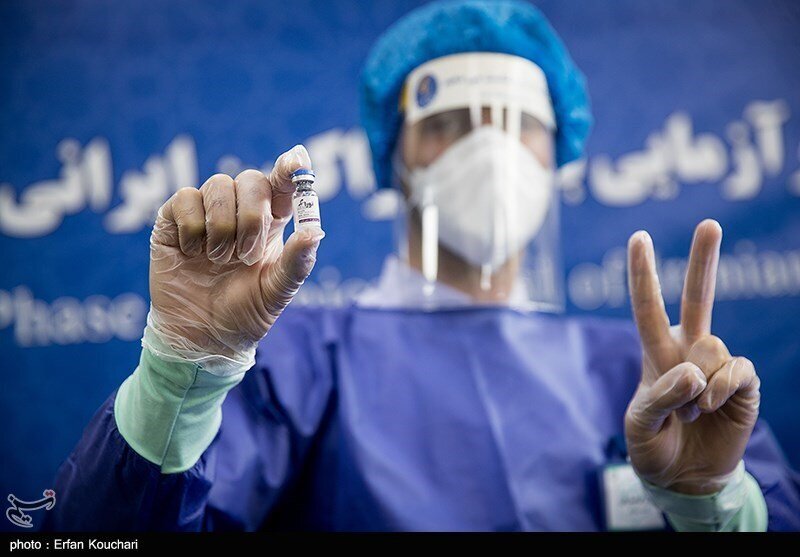Iran vaccine puts U.S. biosecurity at risk

TEHRAN - The slow pace of developing a nasal vaccine for Covid-19 in the U.S. could pose a security risk as Iran and some other countries have approved their own vaccines taken through the nose or mouth.
Foreign rivals are developing vaccines that could stop transmission before the U.S., and that’s a potential biosecurity threat, Politico said in a report published on December 15.
“Intranasal vaccines — vaccines that are variant-resistant — those are critical tools to have in the toolbox for protecting Americans, not just for Covid but also for future pandemics and also for future biosecurity threats,” Ashish Jha, the administration’s Covid-19 response coordinator, told Politico.
Developed by the Razi Vaccine and Serum Research Institute, Razi Cov Pars nasal vaccine is the second Iranian-made vaccine that started the clinical trial in February 2021.
The vaccine is protein-based, which employs recombinant versions of the spike protein and tutors the immune system against the virus by producing antibodies.
The vaccine has obtained the permit to be injected as a booster dose for all vaccines available in the country.
Razi Cov Pars, as a booster dose, can increase the antibody 16 times among those who have received various vaccines such as Sinopharm, AstraZeneca, and Sputnik.
In addition to Iran, China already has a Covid vaccine that’s ingested through the mouth.
Meanwhile, India and Russia have authorized nasal vaccines. Officials say the U.S. could find itself at a global disadvantage, particularly if a deadlier variant emerges. Without a nasal vaccine, the U.S. edge in fighting Covid is on the line.
Iran is one of the few countries that has all vaccine production platforms, Mohammad Reza Shanehsaz, former head of the Food and Drug Administration, said in June 2021.
Besides Razi Cov Pars, Iran has so far produced some other coronavirus vaccines domestically.
Made by researchers at the Headquarters for Executing the Order of the Imam, Coviran Barkat was the first Iranian vaccine that was unveiled on December 29, 2020, and received the license for public use on June 14.
Moreover, the Iranian-Australian Spikogen vaccine and Pastu Covac, developed jointly by the Pasteur Institute of Iran and Cuba's Finlay Vaccine Institute, are other vaccines, which have received the license for injection.
Iran has been able to reduce the COVID mortalities from 700 cases to less than 10, and this successful experience of the Islamic Republic was made known in the seventy-fifth session of the World Health Assembly, Health Minister Bahram Einollahi said on May 27.
Leave a Comment